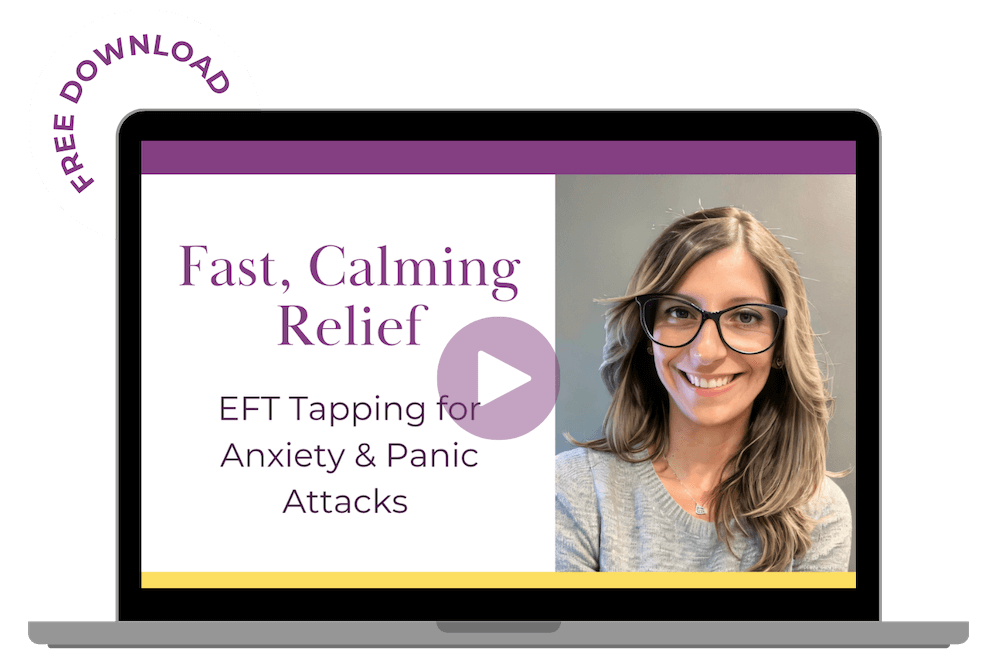Introduction: Anxiety is a common and natural human emotion, but when it becomes overwhelming or chronic, it can significantly impact our well-being and quality of life. Fortunately, there are many effective strategies for managing anxiety and reclaiming a sense of calm and control. In this blog, we’ll explore practical techniques and lifestyle adjustments that can help you navigate the challenges of anxiety and foster greater peace of mind.
- Understand Your Triggers:
- Identifying the specific situations, thoughts, or behaviors that trigger your anxiety is the first step in managing it effectively.
- Keep a journal to track your anxiety triggers and patterns, noting when and where you feel most anxious.
- Practice Mindfulness:
- Mindfulness involves paying attention to the present moment without judgment, which can help reduce anxiety and promote relaxation.
- Incorporate mindfulness practices such as meditation, deep breathing exercises, or body scans into your daily routine.
- Challenge Negative Thoughts:
- Learn to recognize and challenge negative or irrational thoughts that contribute to your anxiety.
- Ask yourself if there is evidence to support your anxious thoughts, and consider more balanced or realistic interpretations.
- Establish Healthy Habits:
- Prioritize self-care activities such as regular exercise, healthy eating, adequate sleep, and relaxation techniques.
- Limit caffeine and alcohol consumption, as these substances can exacerbate anxiety symptoms.
- Set Boundaries:
- Learn to say no to commitments or obligations that add unnecessary stress to your life.
- Establish clear boundaries with others to protect your time, energy, and emotional well-being.
- Seek Support:
- Don’t hesitate to reach out to friends, family members, or a mental health professional for support and guidance.
- Join a support group or online community where you can connect with others who understand what you’re going through.
- Practice Self-Compassion:
- Be kind and understanding to yourself, especially during times of heightened anxiety.
- Remember that it’s okay to feel anxious, and you’re not alone in your struggles.
- Use Relaxation Techniques:
- Experiment with different relaxation techniques such as progressive muscle relaxation, visualization, or guided imagery.
- Find activities that help you unwind and reduce stress, such as taking a warm bath, listening to music, or spending time in nature.
Conclusion: Managing anxiety is a journey that requires patience, self-awareness, and dedication. By incorporating these practical strategies into your daily life, you can learn to navigate anxiety more effectively and cultivate a greater sense of peace and well-being. Remember that managing anxiety is not about eliminating it entirely but rather learning to live with it in a way that allows you to thrive. With time and practice, you can find serenity amidst the challenges of anxiety.







